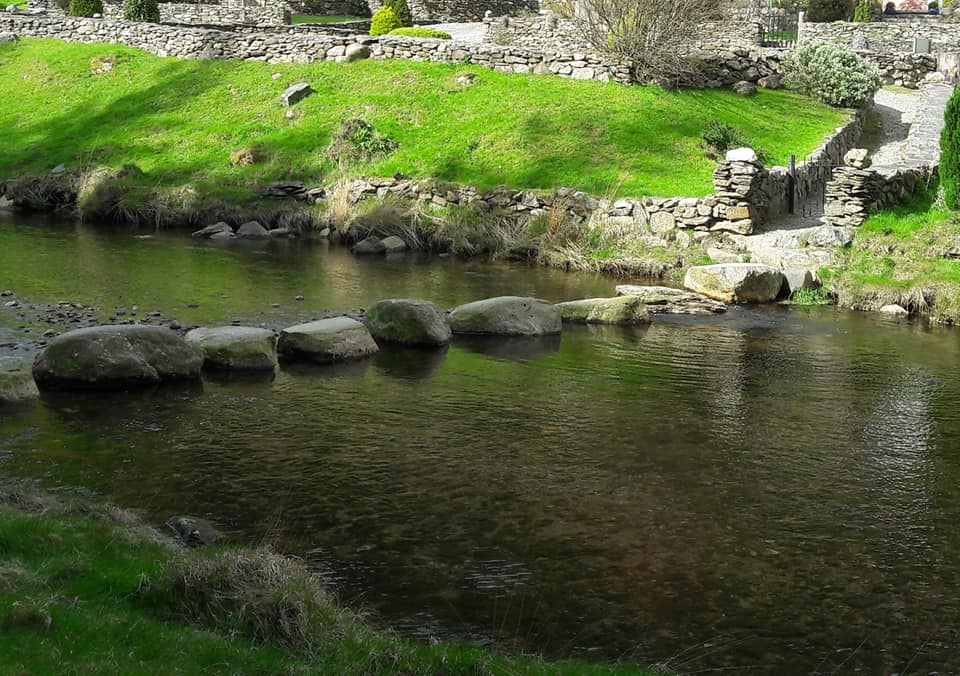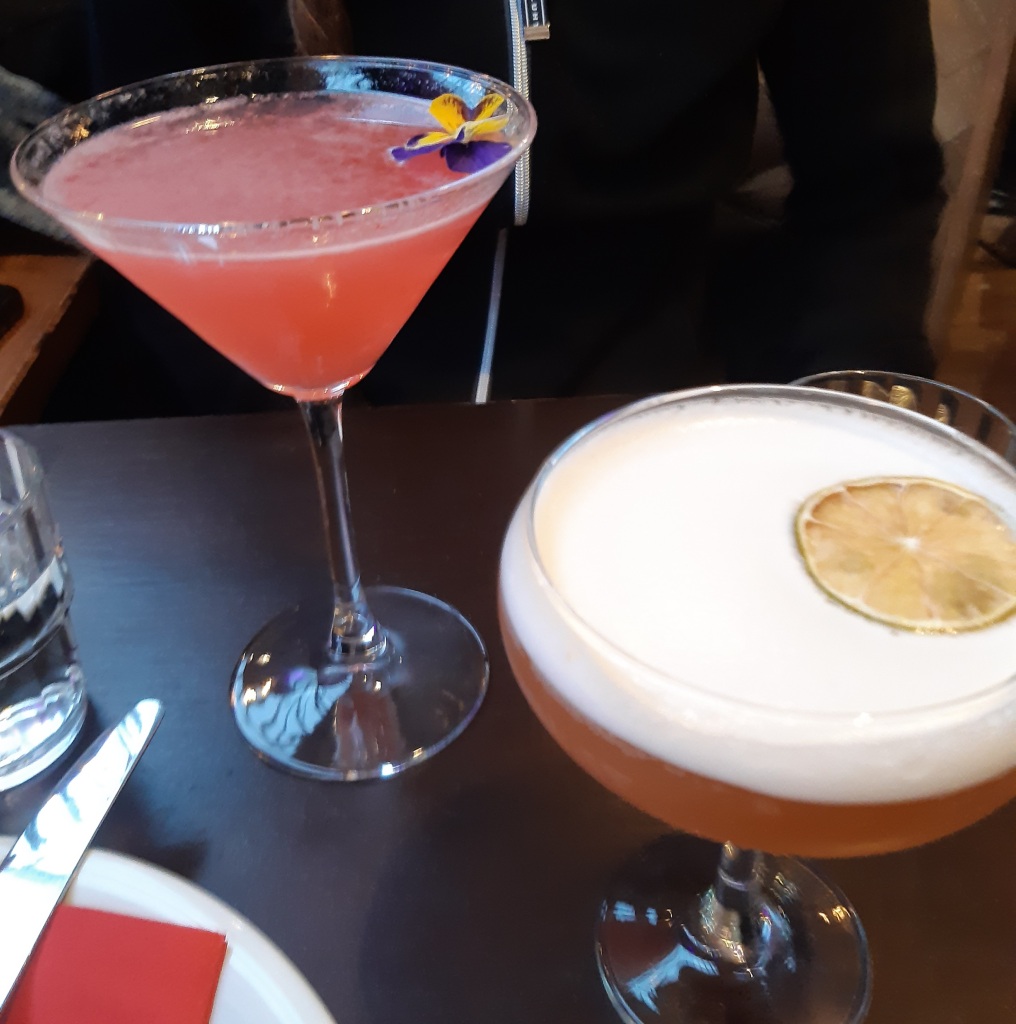Hello.
This week’s word is precarious, a word with a surprisingly holy history.
My own most frequent use of precarious is related to either hiking or stacking. There are times on a trail when you need to cross a set of stepping stones and even if none of them are unsteady, or precarious, I will inevitably land in the water. It’s my only super-power and one which my hiking friends enjoy with much mirth.
As for a stack of books or papers, well, I blithely disregard the precarious nature of those too, with predictable results.
So when I found the following entry in “Brewer’s Dictionary of Phrase and Fable”, it caught my attention – “From Latin precarius, obtained by prayer. Is applied to what depends on our prayers or requests. A precarious tenure is one that depends solely on the will of the owner to concede to our prayer, hence uncertain and not to be depended on”.
The example relating to legal tenure is apt. Apparently precarious joined the English dictionary as a legal word in the 1640s. It meant that something was “held through the favor of another” – something like a paid job, an estate, or permission to inhabit a home, for example.
Brewer was correct, it comes from Latin precarius (gained by asking or praying) thanks to the Latin word prex (prayer) and ultimately from the Proto Indo European root word – prek (to ask). Prek also gives us words like prayer, prithee, and deprecate.
By the end of the 1600s the idea of being dependent on the goodwill of another led precarious to gain a second meaning of something being risky (like me on those stepping stones) or uncertain. Samuel Johnson didn’t approve, saying precarious “is used for uncertain in all its senses; but it only means uncertain, as dependent on others”.
Like many a language fan in his time and since, Johnson was unable to stand against the tide of general usage and now precarious is much more likely to be used of a risky situation than in the specific legal sense.
Until next time happy reading, writing, and wordfooling,
Grace (@Wordfoolery)
p.s. Want more Wordfoolery? Subscribe to the monthly newsletter “Wordfoolery Whispers”. Sign up to avoid missing out! Don’t forget to click on the confirmation email, which might hide in your spam folder.








